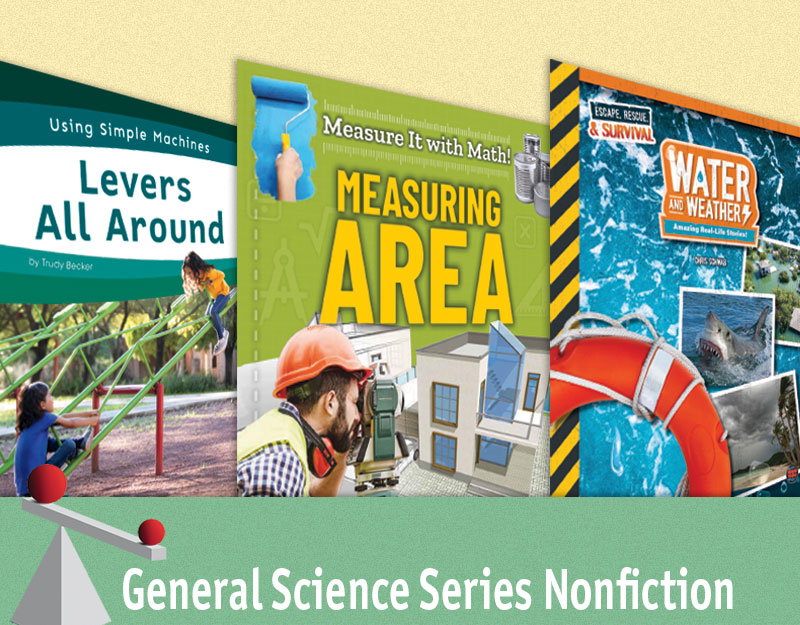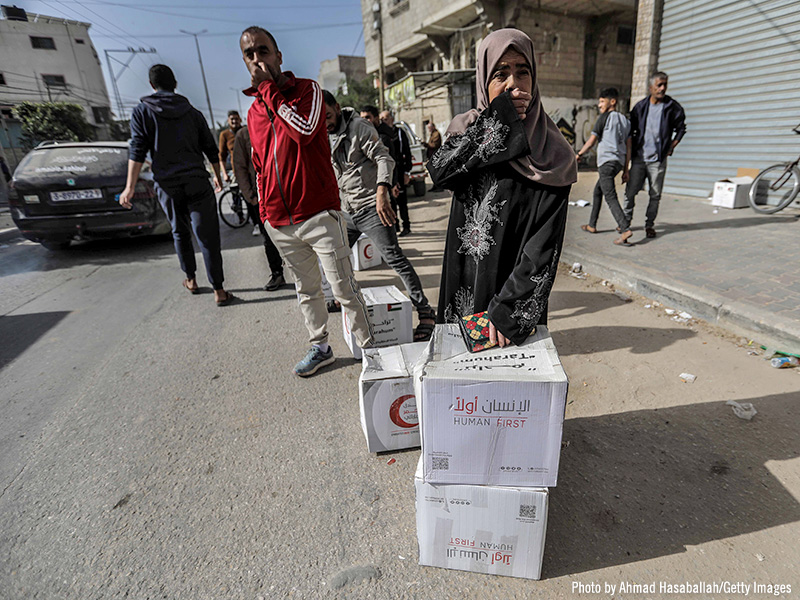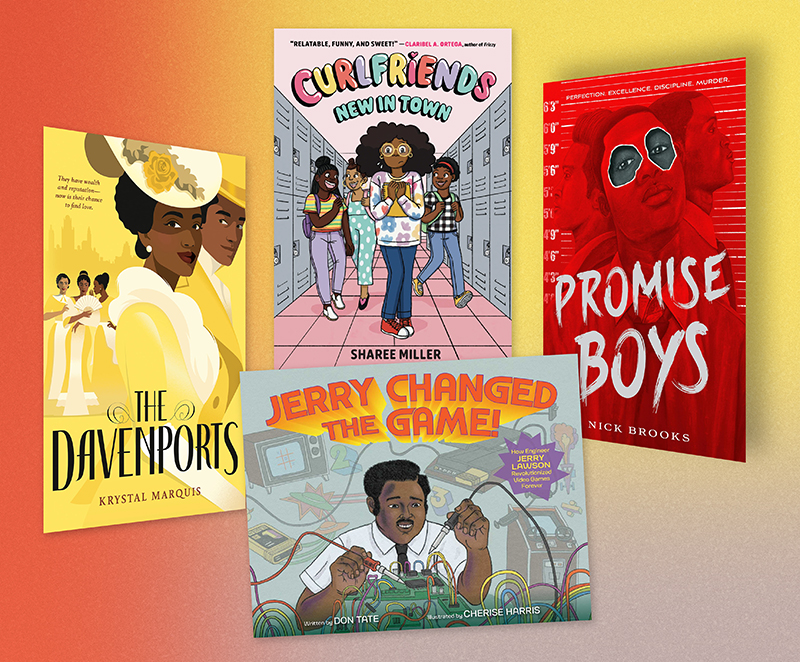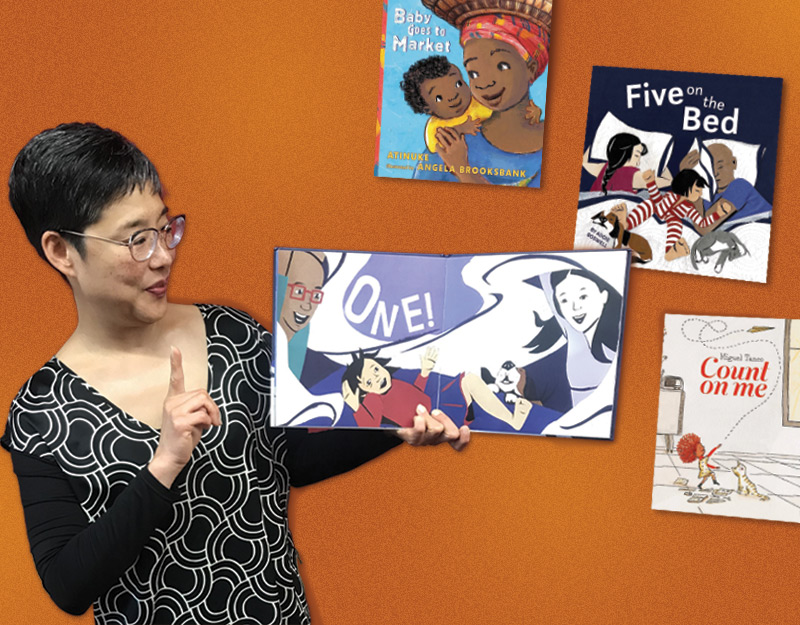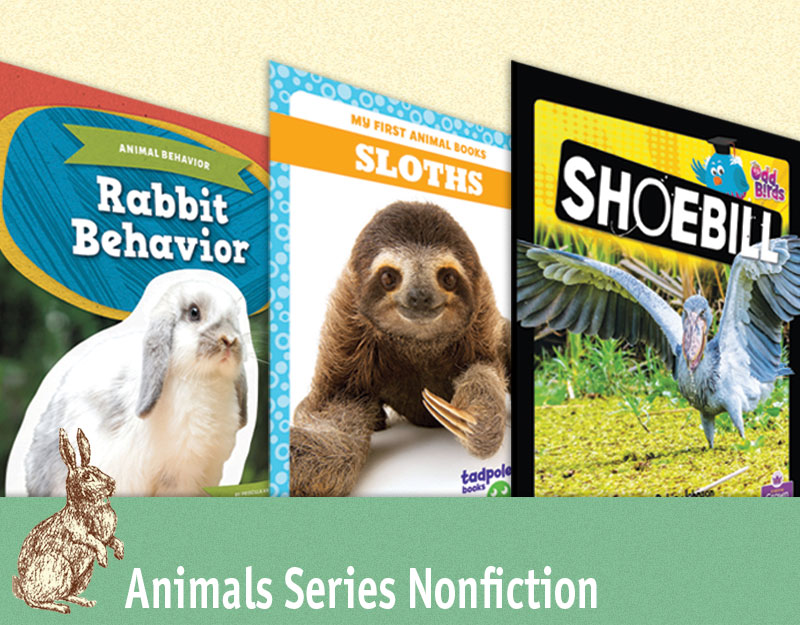Hope and Representation, a guest post by Dannie M. Olguin

Between Safe and Real wasn’t fun to write and it’s unlikely readers will think it’s fun to read, but I’m okay with that because I truly believe representation matters, even when it’s not fun.
Readers and writers hear representation matters all the time, and with good reason. The world is a huge and diverse place and the spotlight has had an incredibly narrow beam for far too long. Growing up in the eighties, I devoured Nancy Drew books because they showed me a smart female protagonist. Sure, the books felt dated, but that didn’t matter nearly as much as reading about a smart, fearless young woman. The same goes for all the Ramona books by Beverly Cleary. The only thing Ramona Quimby and Dannie Olguin, Age 8 had in common was that neither of us fit the mold of what a little girl was expected to be. That tiny reflection of myself on the page was enough to make eight-year-old me feel strong and brave and valid in a world and a home that taught me I was small and weak and a burden.
ADVERTISEMENT
ADVERTISEMENT

One demographic that’s absent from the conversation about representation is children who live in an abusive or otherwise difficult situations. Kids from underprivileged backgrounds; kids whose only meals are free school breakfast and lunch; kids who have to parent their parents and protect their siblings while dealing with the stress of housing and food insecurity—these kids rarely see themselves reflected on the page. I know, because from fifth grade on, I spent entire summers in the library looking for books about someone who would understand me. Understand the way I walked on eggshells and learned to sneeze silently because a loud sneeze could bring a “bless you” just as easily as a barrage of fists and insults. I craved a protagonist who cried on the last day of school because summer was an expanse of uncertainty, hunger, and fear. I longed to find a character who, like me, moved schools several times a year and didn’t know how to go about making friends even if they somehow knew they’d never have to move again.
I know now that I needed books with characters like me because I carried a lot of shame about my circumstances. I believed I wasn’t worthy of good things. I believed I wasn’t worthy of my parents’ protection and love. Worse, I believed I deserved all the pain in my life. Because of these misbeliefs, I also believed I was destined to live in fear pain, and poverty for the rest of my life. After all, if I wasn’t worthy of love, safety, and stability as child, how could I ever be worthy of those things as an adult?
But way deep down in a dark and sacred place I didn’t even know existed, I also believed if I could find a book with a kid in a situation like mine, I would be able to see the goodness in them and maybe their goodness could help me find the goodness in myself.
I understand why it’s so hard to find realistic books about kids like I was. Reading should be fun, especially for kids. When a child is reading a good book, they’re escaping their own life for a while, having adventures without having to make decisions. Books about kids who experience homelessness or who have alcoholic or addict parents aren’t fun. They’re heavy and painful. They can even be dangerous. If a book is too heavy it runs the risk of further traumatizing an already traumatized child. On the other hand, they offer hope of a way out or better things to come. But when you live life on the outskirts, hope can feel an awful lot like self-flagellation.
The summer before seventh grade, we moved across the country and ended up having our few belongings stolen by the people who promised us a better life. After a stint where our whole family slept on a stranger’s living room floor, we finally landed in what felt like the most luxurious apartment in the world. It had three bedrooms, two whole bathrooms, and even a fan above the stove to help freshen the air. I know now it was affordable housing, but to me and my little brother, it felt like living in a palace. Shortly after moving to this apartment, I noticed a neighbor from another building having a yard sale. A yard sale with more books than I could count, all for ten cents. I ran home and dug into my secret stash of lost coins and hurried back to the other side of the complex. There were no children’s books, but I didn’t mind. Even though I didn’t have access to a lot of books, I was a fast and advanced reader, so I knew I’d find something. I carried home a stack of paperbacks: Agatha Christie, sci-fi, horror. Whatever sounded interesting landed in my pile, but before I even headed home, I knew which one I’d read first. Lightning by Dean Koontz.
The back copy promised adventure, danger, and a guardian angel. What more could an almost-thirteen-year-old ask for? Once home, I stacked my books in the corner by my mattress on the floor and started Lightning. I stayed up all night to devour the book and then immediately turned back to the beginning and started it again. I couldn’t believe it. I’d found my unicorn! Not only did Laura, the main character, come from a difficult childhood, but she also loved reading and writing just like me. Somehow, in spite of all the bad things that happened to her when she was a kid, she grew up to live her dream of becoming an author and escaped the life that wanted to hold her back.
For the first time in my life, I found a book that showed me what I desperately needed to see: Myself on the other side of childhood trauma. Although Dean Koontz wasn’t an abused little girl, seeing an abused little girl as the hero of her own story changed the entire trajectory of my life. That one book confirmed I’d been right all along. I craved books with protagonists like me because they showed me it’s okay for kids like me to dream big and to nurture hope that life will get better if you just hang on long enough to make it through childhood.

Before reading that book, I enjoyed writing, but it never occurred to me that writing books could actually be my job. I’d always thought author was something someone became because they were smart and worthy—and I was neither. But that single book changed my outlook and I wrote my first novel that summer. Okay, it wasn’t exactly a novel. More like 100, wide-ruled, loose-leaf pages written in pencil. At the time, though, it was a novel. A beautiful, impossible novel written by a girl who always believed she wasn’t smart enough to have anything worth saying, and even if she were, she didn’t deserve to speak.
ADVERTISEMENT
ADVERTISEMENT
That’s why I write the books I needed as a kid. They’re not always fun beach reads, but to the kids who need them, they’re a life raft on choppy seas.
Meet the author

When Dannie M. Olguin’s second grade teacher assigned a creative writing project about monsters, she fell in love with writing. As a child, she spent countless hours at the library, reading and writing her own stories. At sixteen, she sent her poorly-typed first manuscript to a publisher and received the first of many rejections—though she will always be grateful to the kind person who sent back that encouraging rejection letter.
Dannie lives in Arizona with her husband and two dogs. She is represented by Tina Schwartz and Bonnie Swanson of The Purcell Agency. Between Safe and Real is her debut novel.
Links:
Website: dmolguin.com
Twitter: twitter.com/DannieMOlguin
Facebook: facebook.com/DannieMOlguin
About Between Safe and Real
Fifteen-year-old Zoe Wilkes has ninety-nine problems, and a boring life ain’t one. With two hungry siblings, an empty fridge, and a violent mother to tip-toe around, Zoe can’t slow down enough to catch a breath. When she discovers Mama’s been reading her diary, Zoe realizes she has to stop writing in it. Trouble is, if she stops, Mama’s sure to think she’s hiding something, and will tear through her room like a tornado—again—to find out what. Her solution: write Mama-safe entries in the first diary, while writing her real thoughts in a plain-old composition book.
The more entries she makes, the fuzzier the line between safe lies and terrifying truths becomes, and it’s not long before fears she’s just as unstable as Mama. After all, the apple never falls too far from the tree. If there’s even a shred of truth to her safe journal, then maybe her real journal’s just hot mess of made-up horrors. When things at home escalate, Zoe must face reality in order to keep herself and siblings safe. But facing reality means taking steps that could shatter her family. Can her friends, Cheryl and Nate, help her understand that love shouldn’t hurt and blood doesn’t make a family?
Publisher: Fire & Ice Young Adult Books (January 29, 2022)
Publication date: 01/29/2022
ISBN: 978-1955784313
Age Range: 12+
Filed under: Uncategorized
About Amanda MacGregor
Amanda MacGregor works in an elementary library, loves dogs, and can be found on Twitter @CiteSomething.
ADVERTISEMENT
ADVERTISEMENT
SLJ Blog Network
2024 Books from Coretta Scott King Winners
The Ultimate Love Letter to the King of Fruits: We’re Talking Mango Memories with Sita Singh
Double Booking | This Week’s Comics
Parsing Religion in Public Schools
ADVERTISEMENT



